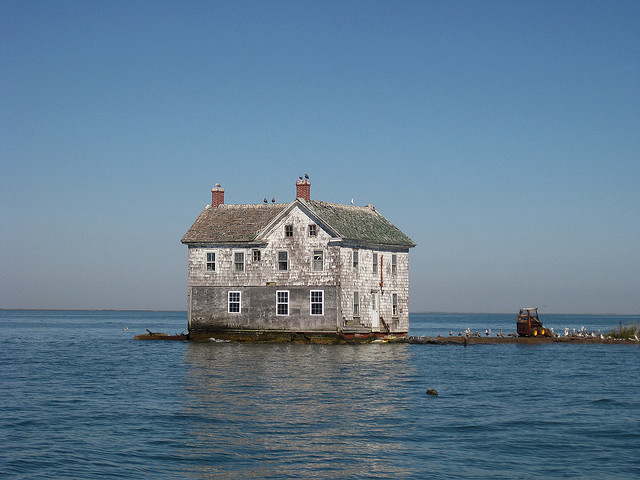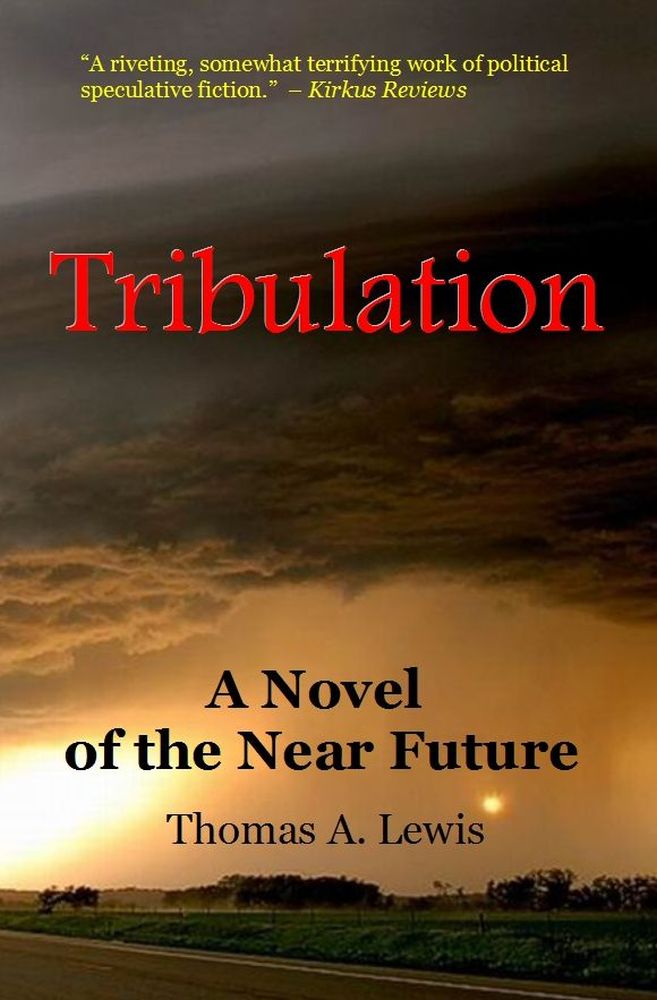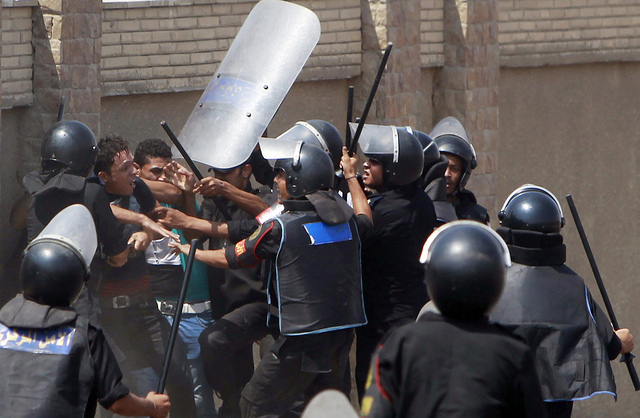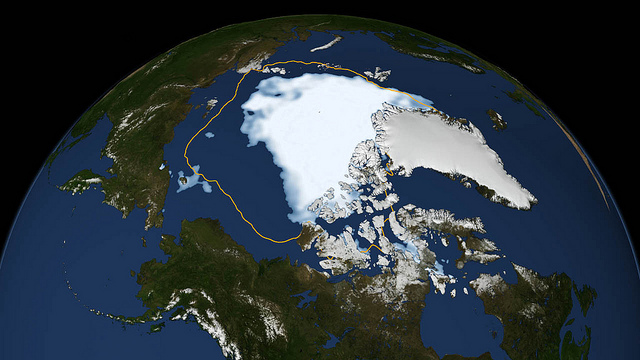Podcast: Play in new window | Download
Subscribe: RSS
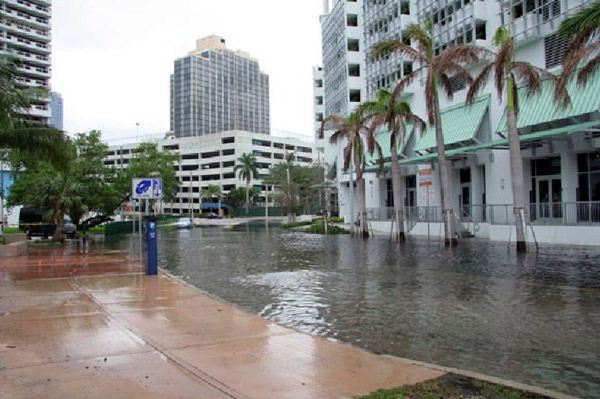
High-tide flooding caused by rising seas is impacting Miami and cities as far north as Boston with ever increasing frequency and severity. (Photo by Harold Wanless, University of Miami)
The projected sea-level rise of the next quarter-century or so because of climate change will occur, albeit briefly, in Miami Beach next Thursday. On that day, the alignment of the sun, earth and moon will produce a King Tide — the highest high tide of the year, a full foot above normal, or about half the sea level rise Miami is expected to experience by 2060. Construction crews are racing to fit plugs in the city’s stormwater drains that dump into the sea and, suddenly, provide a conduit for rising seawater directly to the streets, and to complete installation of four enormous pumps with which to fight the incoming tide. (By pumping the water where? Um, back into the rising sea. Isn’t that a little like bailing one end of a boat into the other?) Thus we get a preview not just of sea level rise, but of the hapless human response to it. Continue reading
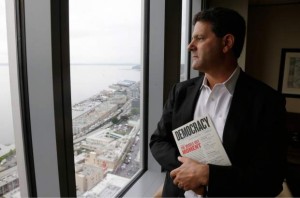
 This is a shape of things to come: intolerable heat persisting for unprecedented lengths of time; failure of the electric grid when it’s needed most; hundreds of deaths from the searing heat; unreasoning violence spreading across the county like fire. India had it all last week, and the relief brought by the (late) onset of monsoon rains may be scant and temporary. This is the specter of climate change made real, made explicit, in the present tense. And still the world acts as if it’s the other guy’s end of the boat that’s burning, no worries here.
This is a shape of things to come: intolerable heat persisting for unprecedented lengths of time; failure of the electric grid when it’s needed most; hundreds of deaths from the searing heat; unreasoning violence spreading across the county like fire. India had it all last week, and the relief brought by the (late) onset of monsoon rains may be scant and temporary. This is the specter of climate change made real, made explicit, in the present tense. And still the world acts as if it’s the other guy’s end of the boat that’s burning, no worries here. 